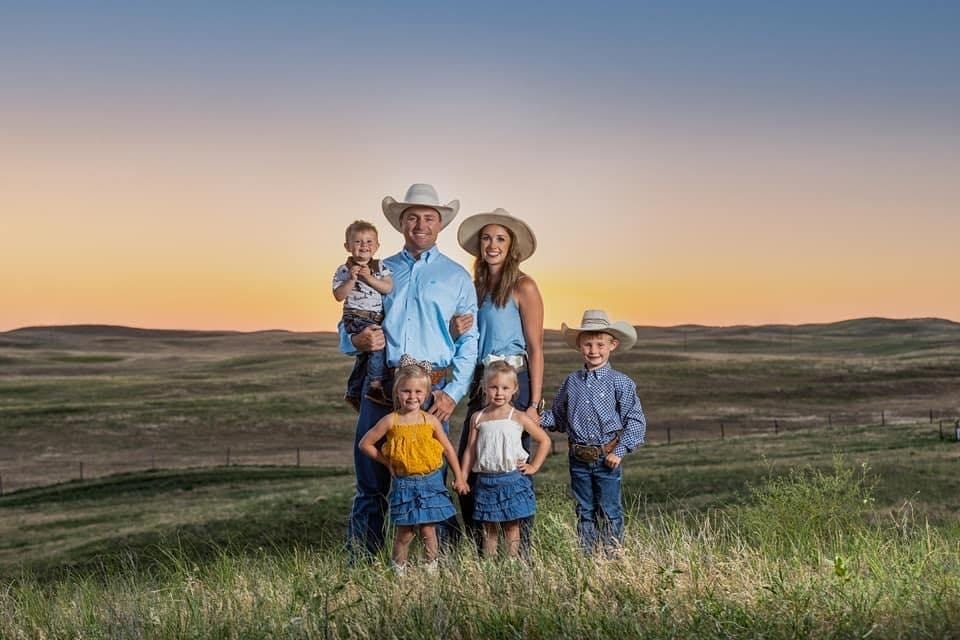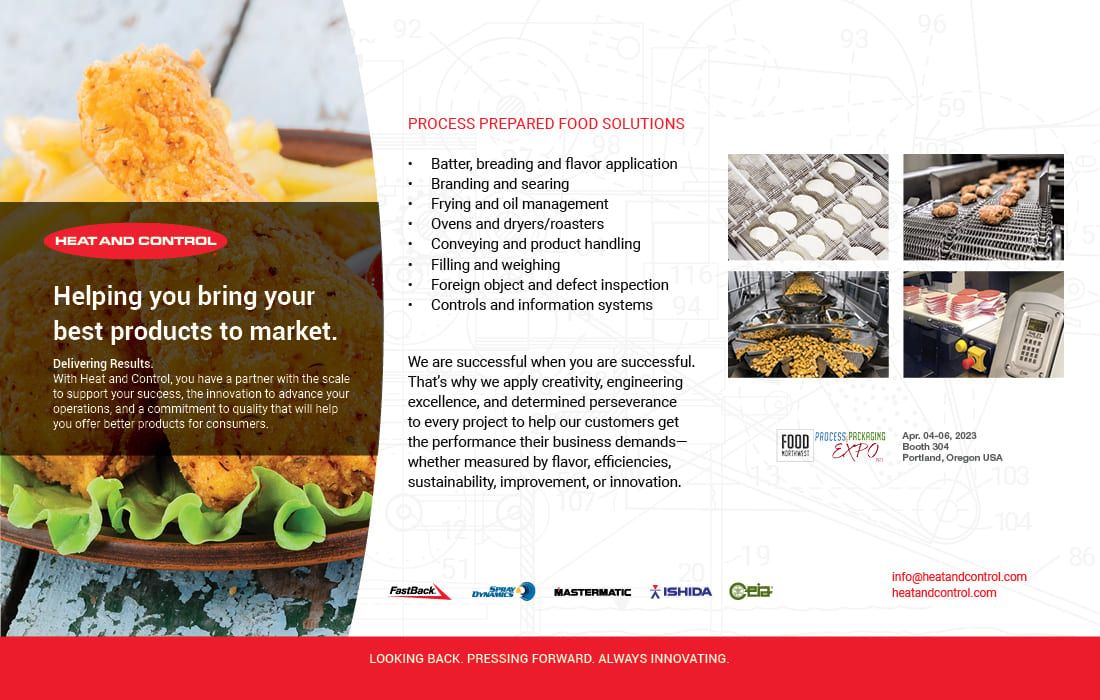processor profile
Olson Farms

Olson Farms
investing in sustainability
The Nebraska beef operation’s expansion project will recover biogas and reclaim water through capturing and conditioning waste and emissions.
By Fred Wilkinson
Chief Editor
Olson Farms/TD Angus is developing a 45,000-head sustainable beef cattle feeding operation near North Platte, Neb..
“We're always just looking to be more efficient, more profitable,” said Trey Wasserburger, Olson Farms partner. “We want to be the most efficient and grow our business with technology and innovation, and Bion was an answer to that.”
Bion Environmental Technologies Inc., a developer of livestock waste treatment technology and premium sustainable beef, will collaborate with Olson Farms on the project. The effort will consist of three of Bion’s 15,000-head modules (enclosed cattle feeding barns) that will feature solar panels, manure collection and conditioning, biogas recovery and upgrading, ammonia capture and production of organic fertilizer products, and clean water recovery.
Olson Farms and Bion are working work together to create a definitive joint venture in early 2023, with construction anticipated to commence in the second half 2023. That timeline is expected to realize initial beef production by the end of 2024, ramping up to an estimated 135,000 head of annual production by 2025.
“Hopefully, it'll be online here in 2025, which actually coincides with our beef packing plant here in North Platte as well. So it's going to all kind of tie together,” he said.
“Our cattle will have the safest, most pure environment that we can offer them.” Wasserburger said.
“We want to we tell people we're sustainable now,” he said. “We need to verify it and trace it. We're excited to get moving on this project.”
All processes and performance will be third-party verified, USDA-certified and recorded on blockchain, which will support a transparent and sustainable-branded premium beef product, with reductions in impacts to air, water and soil.
“We'll be more sustainable because we'll be more profitable,” Wasserburger said. “We're excited about that as a family. We want to take care of that because I want my children to have the same ample freshwater supply that I did.”
Recovered water will be incorporated back into Olson Farms’ production processes, including irrigating the corn used to feed their cattle.
“We're going to capture that water, and it is kind of recycled and then actually we can put it back into the water supply for the cattle, but more importantly we can pipe it to our irrigation pivots that irrigate our crops,” he said. “We're not only going to be sustainable and regenerative in our water supply, but our crops are going to do better because of it.”
Fifth-generation, family-owned Olson Farms started out as a small fertilizer plant before developing into a farming enterprise. Wasserburger and his wife, Dayna, also operate TD Angus, raising and selling bulls to other producers.
“We're more of a feedyard-focused family enterprise,” Wasserburger said. “Everything revolves down to the feedyard.”
Olson Farms feeds cattle for some of its customers but owns most of its own production through its feedyard near North Platte Neb., mainly Hershey, Neb. Olson Farms raises only Black Angus.
“We try to feed only Black Angus as well,” Wasserburger said.

